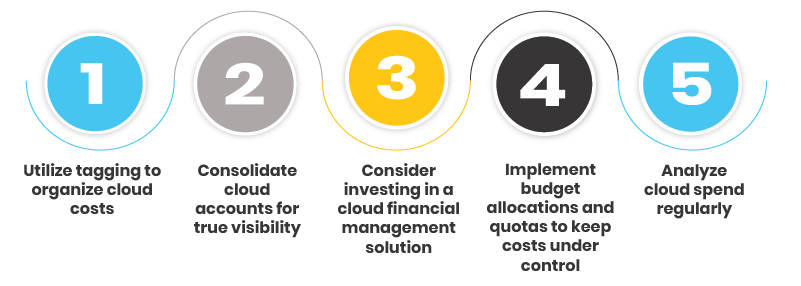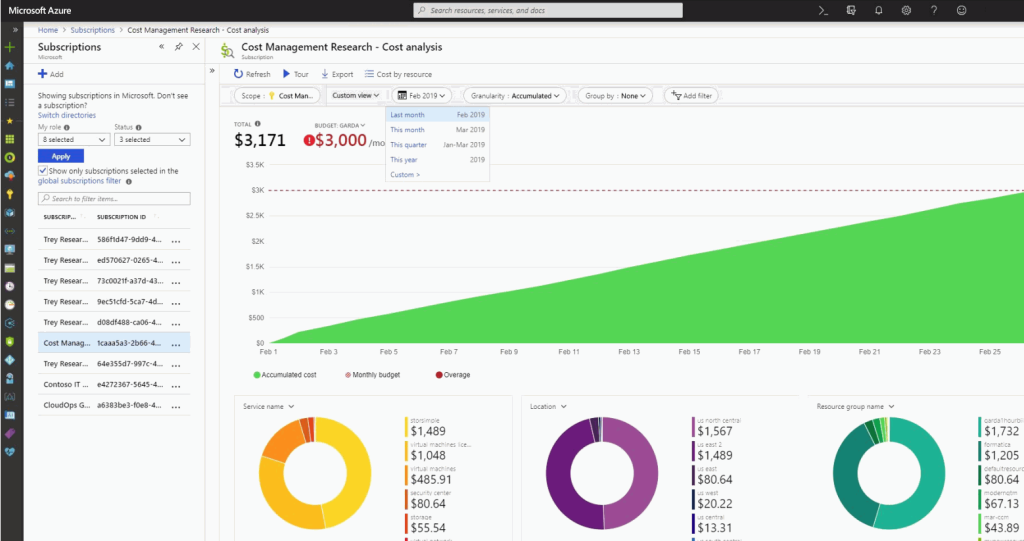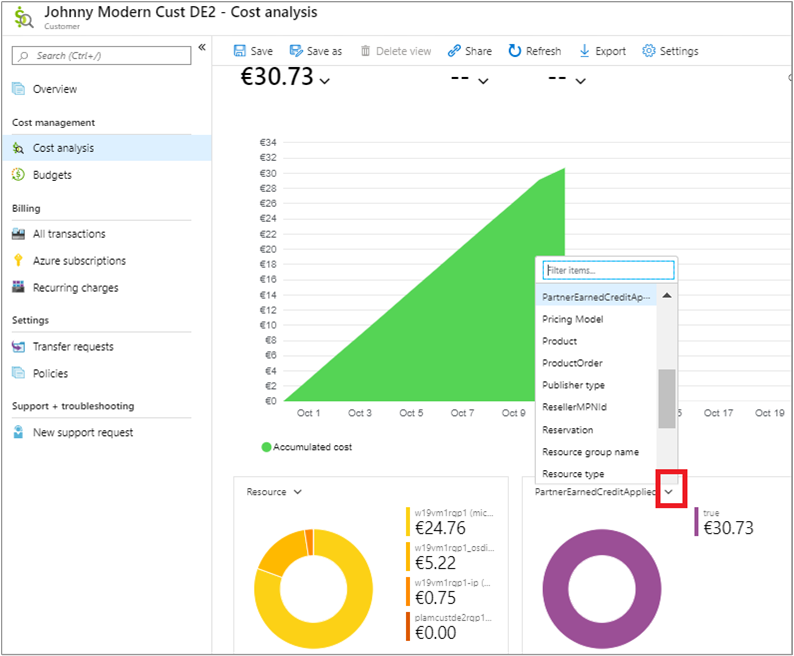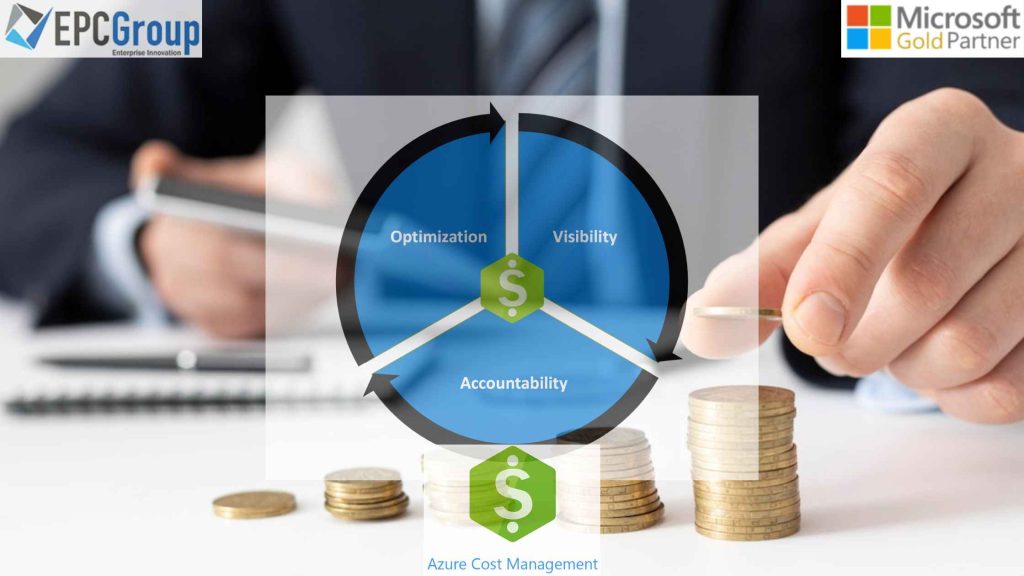The cloud is changing the business landscape and is not just about cost savings. With enterprise-level workloads being moved to the cloud, it’s becoming increasingly evident that computing and Azure cost management are inexorably tied.
This has always been true but has never been more evident as the computing world embraces a “Pay-for-play” approach to computing, where there is a direct relationship between computing power and cost. As a result, the CIO’s job has become more complicated. The CTO has changed from estimating annual budgets to monitoring spending and taking proactive steps to make reasonable cost decisions.
This article examines a cost management strategy ranging from a summary of subscription options to how to code cost-effectively and which tools to employ. Even though it barely touches on each topic, it introduces the reader to ideas and methods they may not have previously explored. It can serve as a springboard for further investigation into each topic.
Why Azure Cost Management Is the Best Reason to Move to the Cloud
You should consider your objectives and driving forces before switching to the cloud. For example, if saving cash is your primary goal, you may spend more. However, rather than saving money for a short-term benefit, you will be able to implement new functionality and improve testing and quality. This will decrease time-to-value and ultimately increase your profits.
When considering cloud computing, organizations should consider the value of their time-to-value computation. When they can get up to speed quickly with new technology and increase efficiency in their business processes, they will be able to improve market responsiveness, leading to greater profitability.
The same applies to government agencies as well—they must be ready to respond quickly when citizens need them most. Not all organizations will want to move all their operations to the cloud immediately; however, they must understand what benefits they can achieve.

How to Manage Your Cost Management Efforts in the Cloud
Managing your costs in the cloud is not easy, but it is possible. We have years of experience helping clients achieve this goal. As a result, when a consumer comes to us with a cloud migration project, we use our best practices for cost minimization.
The first thing we do is to arrange the environment to enable us to analyze and give recommendations on cost management later on. It’s all about understanding your unique environment and utilizing the right resources that best suit your usage. We get visibility into this by ensuring organization from the earliest possible stages, giving the proper names to resources, and intelligently establishing resource groups.
This aids in our analysis of the Azure reports’ environment utilization. It’s crucial to remember that cloud infrastructure is dynamic by nature, making it simple to lose visibility and control as you go along, even if you start small.
How To Add A Budget And Reporting To Azure Cost Management
Budgeting is integral to any cost management solution and can benefit Azure Cost Management. You can set up budgets within the Cost Management console on Azure that specify thresholds, time frames, and associated stakeholders.
Assign each budget to scope after creating as many as you need. For example, depending on your business needs, you could assign a budget threshold to a specific resource group, a particular tag, or even a tenant level.
This budget then gets named and given its monetary value and frequency, such as monthly or quarterly. So your budget will be reflected not only on your reporting dashboard but also attached alerts for a particular budget. So, for example, the same customer facing the same 80% threshold may choose to automate the shutdown of specific VMs or deactivate certain subscriptions, thereby avoiding going over budget.

How Azure Cost Management Can Help Customers Optimize Their Environment
Working with a managed partner has several advantages, one of which is that it simplifies these choices. We set up the environment for our customers, including setting up the cost-analysis environment, complete with thresholds, alerts, and recommendation management.
The cost analysis hub within Azure is under the cost-management tab. From here, you can see different pre-built reports and create your bespoke reporting systems to analyze the data of any customer environment. Once these reports are in hand, we’ll provide intelligent recommendations to optimize your environmental usage. These could be anything from removing an IP address or a Disk that isn’t associated with a particular resource or optimizing the use of VMs for the best possible usage for networking, storage, or computing.
As part of our strategy, we work closely with our customers to identify their business needs and then build solutions that support them in achieving those goals while reducing costs and improving efficiency through consolidation or virtualization.”
Ways To Preserve Resource And Cost Efficiencies In The Cloud
The cost and resource efficiencies of the cloud are one of its most significant advantages. Still, the ability to preserve these benefits is often limited by how developers choose to optimize their applications.
In many scenarios, enterprises will separate cost discussion from the technical discussion so that the cost and technical people never speak. Instead, it’s the role of the cloud broker, cloud evangelist, CTO, or whoever controls access to cloud resources to discuss with the development team. Unfortunately, developers don’t always have the tools or training to right-size an instance for an application.
Out of caution, they often select one larger and more powerful than necessary. Microservices-based architectures that afford higher density deployment can lead to the better utilization of resources. For example, the Kubernetes scheduler uses a bin-packing algorithm to optimally place pods on cluster nodes. Compared to VMs, where usage is likely low, this can lead to considerable savings.

How Azure Cost Management Software Can Help You Achieve Cloud Storage
Azure Cost Management Software can help you achieve cloud storage and reduce costs. Your company must have the most accurate cost management software to achieve cloud storage. Often, storage costs on the cloud may be far higher than necessary. Unfortunately, Azure can’t make accurate recommendations for reducing storage costs as it is missing the valuable business context we have accumulated as managed partners to our clients.
However, with the vital addition of our customer’s business needs, we can analyze which files or data are essential and which are not and work on data assurance tasks such as handling complex tasks like geo-replication for cost savings and creating rules for certain types of data for durability and high availability in the Azure lifecycle management tool.
This could be anything from automatically moving files to a lower (“cooler”) storage tier after a set amount of time or creating rules to save files when inactive and then auto-deleting them once no changes have been made.
Reasons Why Choosing EPC Group is The Right Choice In Azure Consulting
Azure cost management offers companies a rich set of services to meet their needs. They have to decide whether to pay on a per-service basis or whether they want to take advantage of a pay-as-you-go structure instead. The answer will depend highly on your organization’s needs, but you must understand that you’ll always have to pay for Azure if you use its compute clusters and storage. If you can make an informed decision based on the information provided in this article, you’re already halfway there to use Azure effectively and efficiently.
EPC Group is a Microsoft trusted company providing Off-Premises, Cloud, and Managed Services solutions. We specialize in Azure Consulting IT Services, including Cloud Consulting, Migration and Integration, Cloud Hosting, Managed Services, and Software Development. Microsoft Azure is a highly scalable cloud platform that provides powerful capabilities for your mission-critical applications.










